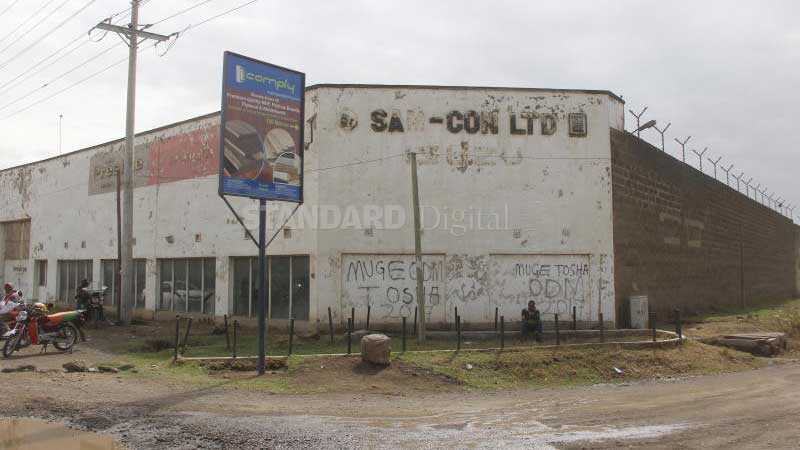×
The Standard e-Paper
Kenya’s Boldest Voice

John Mwendwa, 76, was born and raised in Nakuru town. He remembers with nostalgia the days he used to work at the Eliotts Bakeries.
Now frail, Mwendwa recalls the good old days when trucks delivering raw materials to manufacturing plants in Nakuru town’s Industrial Area would zoom past him as he walked to the factory where he worked for almost a decade.